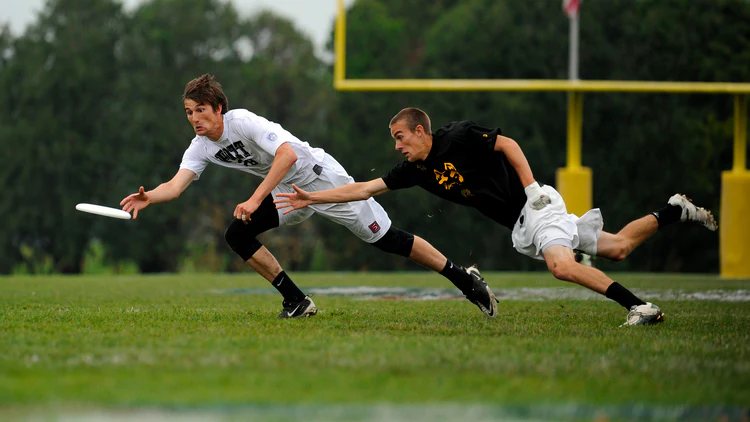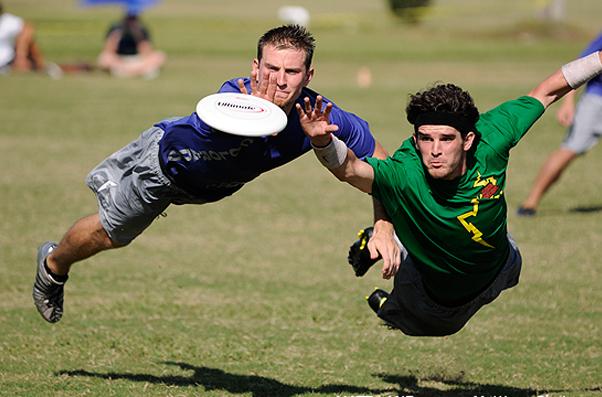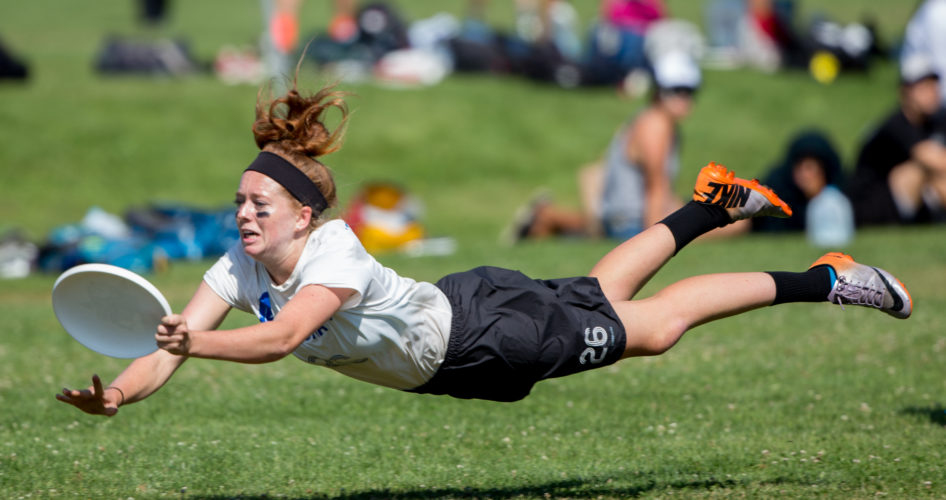Flying disc tournaments are an exciting way to showcase skill, athleticism, and precision in a sport that’s been growing in popularity worldwide. Whether you’re new to flying discs or a seasoned player, understanding the ins and outs of these tournaments can enhance your performance and give you a competitive edge. In this guide, we’ll dive deep into the world of flying disc tournaments, from their history to the rules and strategies that will help you succeed.
Also Read: Nighttime Archery Guide

What Are Flying Disc Tournaments?
Flying disc tournaments are competitive events where players or teams throw a flying disc (commonly known as a frisbee) to complete a series of objectives, often with the goal of reaching a specific target or scoring points. These tournaments are typically organized around various formats such as ultimate frisbee, disc golf, and freestyle disc throwing.
These tournaments are played by individuals or teams, depending on the type of event. The goal can vary: in ultimate frisbee, players aim to score points by catching the disc in the opposing team’s end zone, while in disc golf, the goal is to complete a course with as few throws as possible. Freestyle disc tournaments, on the other hand, focus on tricks and stunts with the disc.
No matter the format, flying disc tournaments are thrilling and offer a unique challenge for players who are looking to push their skills to the next level.
Types of Flying Disc Tournaments
There are several types of flying disc tournaments, each with its own unique set of rules and objectives:
1. Ultimate Frisbee Tournaments
Ultimate frisbee is a fast-paced, team-based sport played on a rectangular field. Teams of seven players compete to pass the disc down the field and score points by catching the disc in the opposing team’s end zone. Ultimate frisbee tournaments are typically organized in either round-robin or elimination format and feature different divisions based on age, gender, and skill level.
- Gameplay: Players are not allowed to run with the disc and must pivot to pass it to their teammates. The team with the most points at the end of the game wins.
- Tournaments: These tournaments often feature a series of rounds, with teams battling through brackets to determine the champion.
2. Disc Golf Tournaments
Disc golf is similar to traditional golf but played with a flying disc instead of a golf ball and clubs. The objective is to complete a course with as few throws as possible, aiming to land the disc in a series of metal baskets. Flying disc tournaments in disc golf are often held at dedicated courses and can range from local competitions to major international championships.
- Gameplay: Players throw the disc toward a target basket, with each throw counting as a stroke. The player with the fewest strokes at the end of the round wins.
- Tournaments: Disc golf tournaments are typically organized over multiple rounds, and players compete individually or in a limited number of groups.
3. Freestyle Disc Tournaments
Freestyle disc throwing is a performance-based event where players showcase their skills in tricks, spins, and other stunts. These tournaments are less about competition and more about creativity, style, and precision.
- Gameplay: Players perform various tricks, often to music or in a choreographed routine, and are judged based on their creativity, technical difficulty, and execution.
- Tournaments: These events often feature individual performances with a panel of judges scoring each participant on their overall routine.

Key Strategies for Success in Flying Disc Tournaments
Whether you’re competing in flying disc tournaments as an individual or part of a team, certain strategies can help improve your game and boost your chances of success. Here are some of the key strategies for each type of tournament:
1. Ultimate Frisbee Strategies
- Focus on Teamwork: Ultimate frisbee is a team sport, and teamwork is critical. Effective communication and chemistry between teammates can create opportunities for easy passes and strategic plays.
- Positioning is Key: Good positioning on the field allows you to receive passes and create space for your teammates to make plays. Always be aware of where your teammates and opponents are located.
- Use Fakes and Fakes Alone: Fakes are an essential skill in ultimate frisbee. Learn to fake your moves effectively to throw off defenders and create open passing lanes.
2. Disc Golf Strategies
- Know Your Course: Familiarizing yourself with the course layout before the tournament can give you a strategic advantage. Pay attention to obstacles, the distance between holes, and the type of terrain.
- Use the Right Discs: In disc golf, different discs are suited for different types of throws. Be sure to bring a variety of discs to adapt to the challenges of each hole.
- Master Your Throws: Perfecting your technique for each type of throw—whether it’s a backhand, forehand, or putt—is crucial for a successful round. Practice consistently leading up to the tournament.
3. Freestyle Disc Strategies
- Practice Your Tricks: Freestyle disc tournaments focus on the technical aspects of throwing and controlling the disc. Practice your tricks repeatedly to ensure you can perform them with precision during your routine.
- Create a Routine: In freestyle disc tournaments, having a well-rehearsed routine can make a big difference. Include a variety of tricks, and make sure they flow seamlessly to impress the judges.
- Stay Calm and Confident: As with any performance, staying calm and confident is key. Keep your focus during the routine and execute each trick with smoothness and style.

FAQs About Flying Disc Tournaments
1. How do I prepare for a flying disc tournament?
Preparation involves physical conditioning, practice, and understanding the specific rules of the tournament. Work on your throwing technique, study the tournament format, and practice with teammates or fellow competitors.
2. What equipment do I need for a flying disc tournament?
The equipment you’ll need depends on the type of tournament. For ultimate frisbee, a standard disc and comfortable sportswear are sufficient. For disc golf, you’ll need a variety of discs suited for different throws. In freestyle disc tournaments, specialized discs and performance attire may be required.
3. What are the most common mistakes in flying disc tournaments?
Common mistakes include poor communication in team-based events, using the wrong disc in disc golf, and failing to perform tricks with precision in freestyle competitions. Make sure to focus on your technique and communication to avoid these pitfalls.
4. How do flying disc tournaments differ from other sports competitions?
Flying disc tournaments are unique because they combine elements of athleticism, skill, and creativity. The sports offer a blend of strategic gameplay and physical prowess, making them an exciting alternative to traditional sports.
5. Can anyone join a flying disc tournament?
Yes! Many tournaments welcome players of all skill levels, especially local and recreational events. However, more competitive tournaments may require prior experience or a specific ranking.
Conclusion
Whether you’re aiming for victory in ultimate frisbee, striving to score a low round in disc golf, or showing off your creativity in freestyle disc, flying disc tournaments offer something for everyone. With the right strategies, preparation, and mindset, you can enhance your skills and experience the thrill of competition. So grab your disc, find a tournament near you, and get ready to take your game to new heights!
1 thought on “Flying Disc Tournaments: A Comprehensive Guide to the Sport”